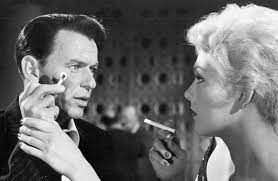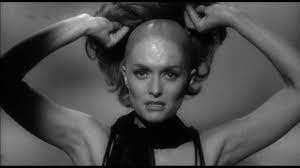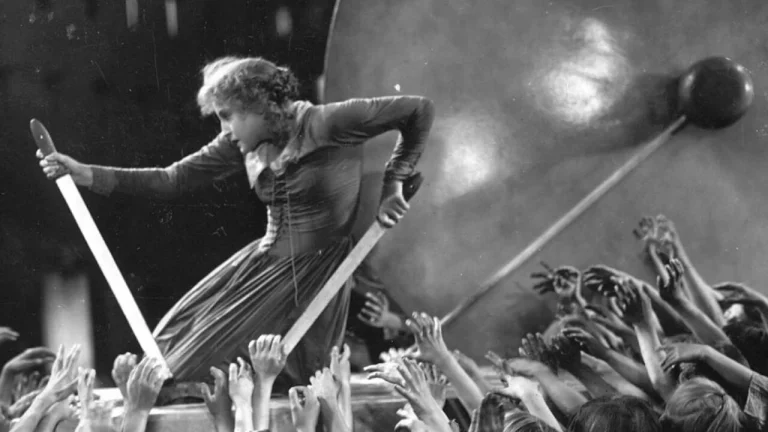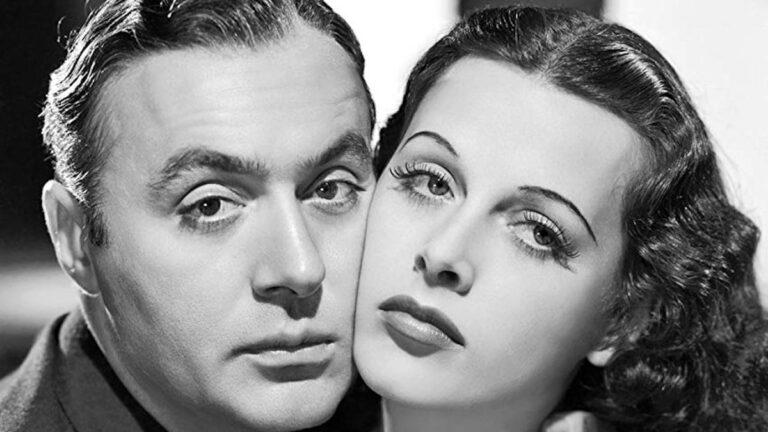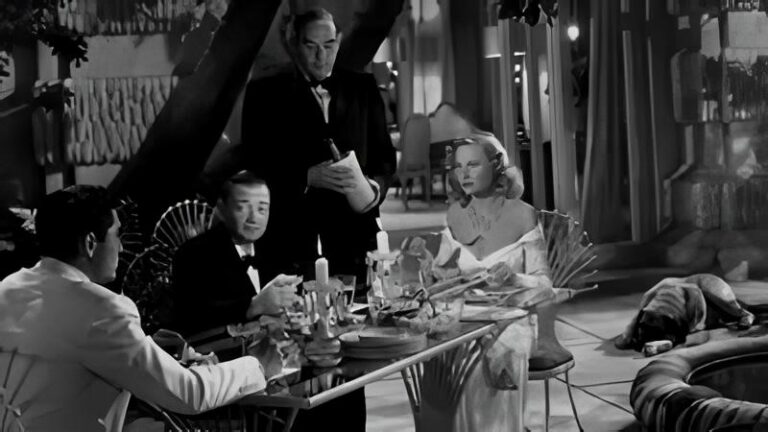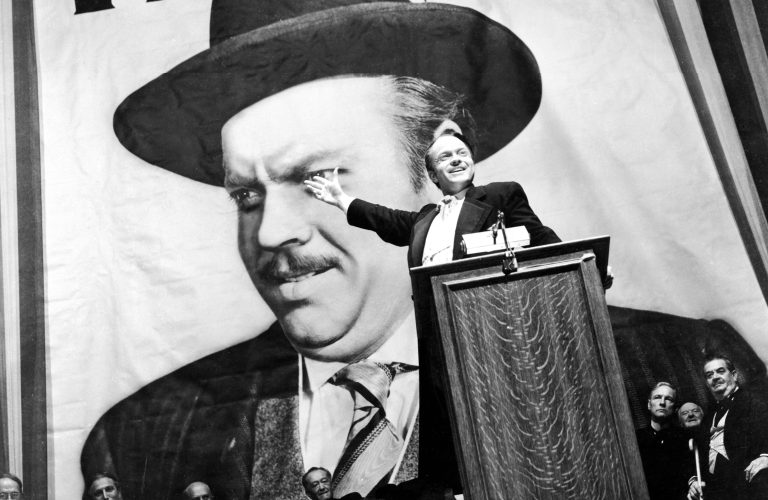Review Rewind: Sabotage (1936)

Alfred Hitchcock, the master of suspense, once again delivers a gripping and nerve-wracking cinematic experience with “Sabotage”, AKA the Woman Alone. In this taut thriller, Hitchcock showcases his directorial prowess, weaving a web of intrigue and tension that keeps audiences on the edge of their seats from start to finish.
Set in a bustling and atmospheric London, “Sabotage” follows the story of Mrs. Verloc (Sylvia Sidney), the unsuspecting wife of a cinema owner, who becomes unwittingly entangled in a dangerous plot. Her husband, Karl Verloc (Oskar Homolka), appears to lead a mundane life as a film exhibitor, but beneath the surface lies a darker truth. Unbeknownst to her, he is involved in a sinister sabotage ring that threatens the very fabric of society.
As the plot unfolds, Hitchcock masterfully employs his signature techniques to build tension and suspense. The film’s opening sequence, set on a bustling bus carrying a mysterious package, is a masterclass in cinematic storytelling. Through deft camera work and precise editing, Hitchcock creates an atmosphere of unease, foreshadowing the impending danger that lurks around every corner.
Sylvia Sidney delivers a compelling performance as Mrs. Verloc, portraying a woman torn between loyalty to her husband and her growing suspicion of his true intentions. Her vulnerability and resilience make her a relatable and sympathetic protagonist, drawing audiences deeper into the intricate web of deceit.

The supporting cast, including Oskar Homolka as the enigmatic Karl Verloc and John Loder as Scotland Yard detective Ted Spencer, adds depth and complexity to the film’s character dynamics. The chemistry between Sidney and Loder, in particular, provides a compelling emotional anchor that enhances the film’s dramatic impact.
One of the film’s most iconic sequences involves a tense scene at a cinema, where a deadly bomb must be delivered. Hitchcock’s meticulous direction and use of sound create an almost unbearable level of suspense, leaving audiences holding their breath in anticipation of the inevitable.
As the plot races towards its climactic finale, “Sabotage” intensifies its grip, leaving viewers with a profound sense of unease and moral ambiguity. Hitchcock explores the consequences of deception and the blurred lines between good and evil, leaving audiences to grapple with profound questions long after the credits roll.
While “Sabotage” may not be as well-known as some of Hitchcock’s later works, it remains a testament to his unrivaled skill as a filmmaker. The film’s gripping narrative, stellar performances, and masterful direction cement it as a classic example of the suspense genre.
View Sabotage on our Roku Channel
“Sabotage” is a pulse-pounding thriller that stands the test of time. Hitchcock’s deft touch elevates a seemingly ordinary tale into an extraordinary cinematic experience. From its tense opening moments to its haunting conclusion, “Sabotage” weaves a mesmerizing tale of intrigue, deception, and moral dilemmas. A must-watch for any fan of classic cinema and a testament to the enduring genius of Alfred Hitchcock.

